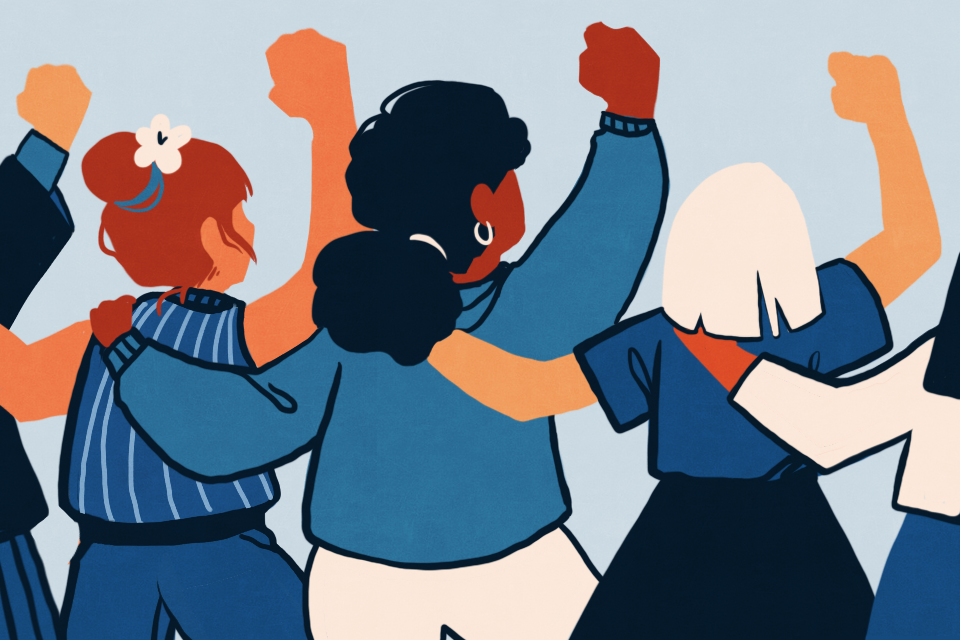Empowerment and advocacy are crucial pillars in creating a more inclusive and equitable society. By giving individuals the tools, resources, and confidence to speak up for themselves and others, empowerment and advocacy foster positive change and amplify marginalized voices.
The Importance of Empowerment
Empowerment is the process of enabling individuals or communities to take control of their lives and make informed decisions. It emphasizes the idea that everyone should have access to opportunities and resources necessary for personal growth and development. Empowerment is particularly essential for marginalized and disadvantaged groups who often face systemic obstacles and discrimination. When individuals are empowered, they gain the ability to challenge the status quo, demand their rights, and actively participate in decision-making processes.
How Empowerment Works
Empowerment begins with education and awareness. By providing individuals with knowledge about their rights, available resources, and the skills needed to navigate various systems, empowerment equips them with the tools required for self-advocacy. Empowerment also involves fostering self-esteem and self-confidence. When individuals believe in their abilities and worth, they are more likely to assert themselves and advocate for their needs and the needs of their communities. Supporting individuals' mental and emotional well-being is thus crucial in the empowerment process.
The Power of Advocacy
Advocacy goes hand in hand with empowerment. It involves actively supporting and speaking out for individuals or communities who have experienced injustice, discrimination, or marginalization. Advocacy often aims to influence public opinion and policies to bring about systemic change. Advocacy can take many forms, ranging from grassroots efforts to lobbying for policy change at the highest levels of government. It can be done individually or collectively, as part of an organized movement. Regardless of the approach, advocacy is a powerful tool for challenging oppressive systems and working towards a more inclusive society.
The Role of Advocacy in Empowerment
Advocacy plays a crucial role in empowering individuals and communities. It provides a platform for marginalized voices to be heard and issues to be addressed, making sure that their perspectives are not ignored or overshadowed. Through advocacy, individuals can challenge systems that perpetuate discrimination and inequality. They can raise awareness about their unique needs and the barriers they face, paving the way for long-term change.
The Intersection of Empowerment and Advocacy
Empowerment and advocacy are intrinsically linked and have a mutual relationship. Empowerment provides individuals with the tools and confidence to engage in advocacy, while advocacy amplifies the voices of those who have been empowered. When empowered individuals engage in advocacy, they not only advocate for their own needs but also become allies for others who are also affected by similar issues. This collaboration creates a collective power, which is instrumental in challenging and dismantling oppressive systems. Furthermore, empowerment and advocacy are key components in creating sustainable change. By empowering individuals and communities, we ensure that they have the agency to continue advocating for their rights and working towards progress long after initial victories have been achieved.
Conclusion
Empowerment and advocacy are vital in building a more inclusive and equitable society. By empowering individuals with education, resources, and self-confidence, we enable them to become advocates for themselves and others. Through advocacy, we can challenge systemic barriers, highlight marginalized voices, and work towards dismantling oppressive systems. By recognizing the intersection of empowerment and advocacy, we can harness their collective power to create lasting change and promote a society where everyone's rights and voices are valued and protected.
